Filter by
Awarded Projects (325)
RSS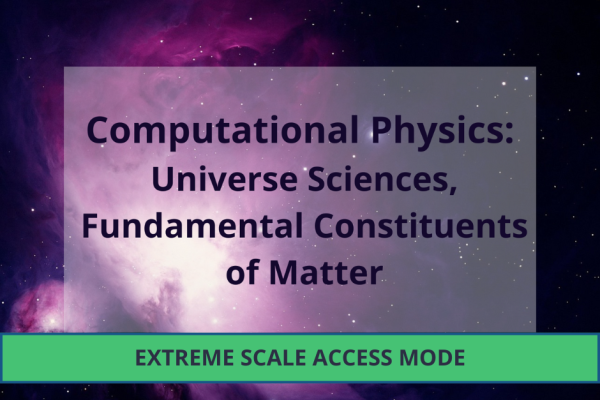
Magnetic confinement fusion research has been at the forefront of HPC since the 1970s, given that fusion plasmas constitute paradigmatic examples of complex multi-scale and multi-physics systems.

Keeping heat and particle fluxes to the surrounding wall structures of magnetically confined fusion plasmas within engineering limits and simultaneously ensuring high core plasma confinement constitutes one of the main challenges for the success of fusion energy.
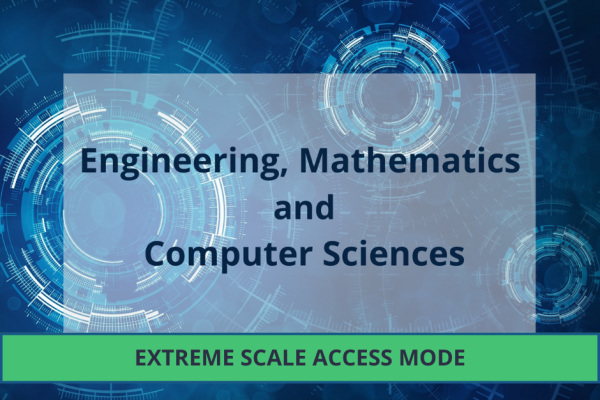
Boiling is ubiquitous, from cooking food to industrial processes. Boiling is also an efficient way to enhance heat transfer and, therefore, it is used in a wide range of applications, from cooling electronic devices to refrigeration systems, to heat exchangers in industrial processes.

The near-Earth space is the best reachable plasma laboratory, as it can be probed by constellation satellite missions as well as modelled by high-resolution top-notch supercomputing simulations.

Successful completion of this project would lead to a precise and truly a priori prediction of the low-energy constants (LECs) of chiral perturbation theory (PT) enabling new low-energy tests of the SM.

The engineering outcome of the project will be a web-based tool for predicting friction and heat transfer in air with variable properties, which will leverage the insights from the newly developed DNS dataset.
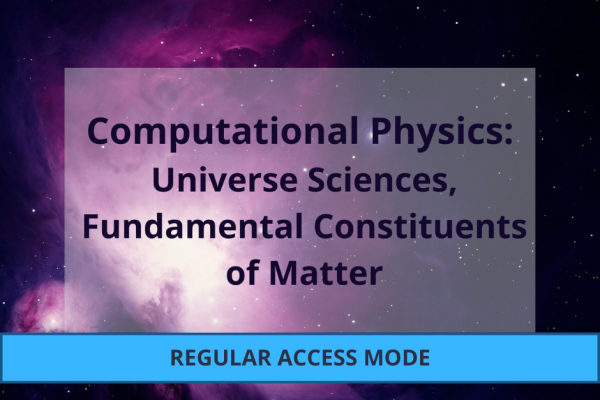
The birth of the first stars, galaxies and black holes heralded the beginning of the Cosmic Dawn (CD).
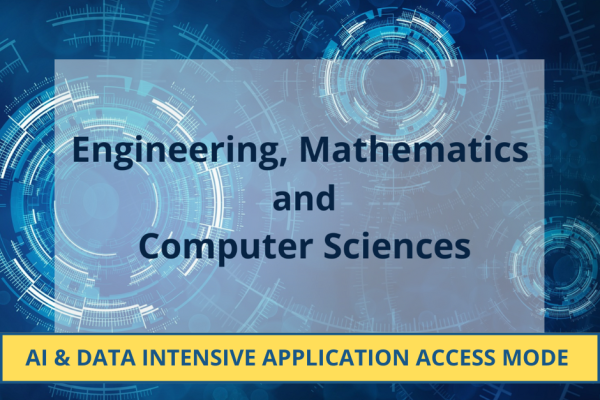
The project aims to develop openly accessible world models to foster transparency and collaboration in the field of self-driven cars, addressing key challenges such as data curation and model scalability.
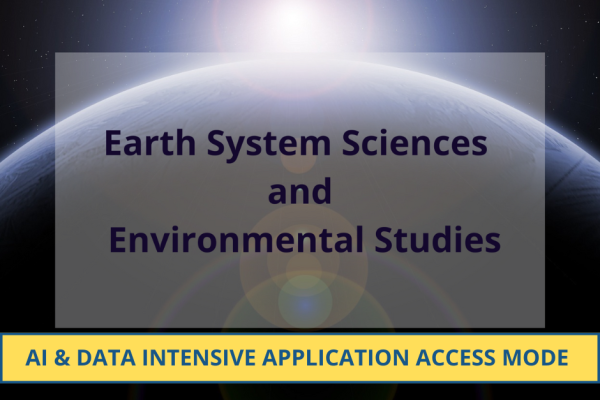
The project aims to develop an advanced foundation model for high-resolution geospatial analysis, with a specific focus on imagery from European regions.
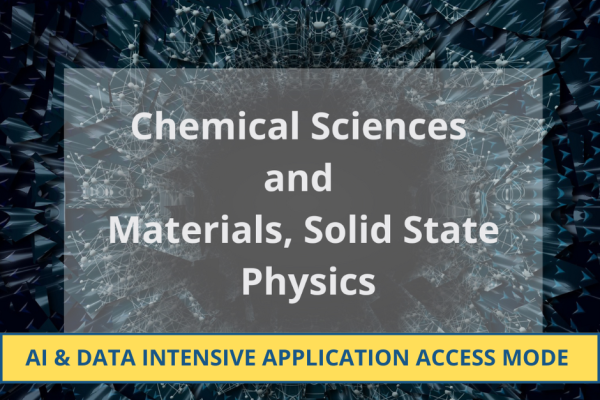
This project combines the state-of-the-art data mining technique called Active Learning with the recently developed FeNNol library for training Machine-Learning-based force fields.